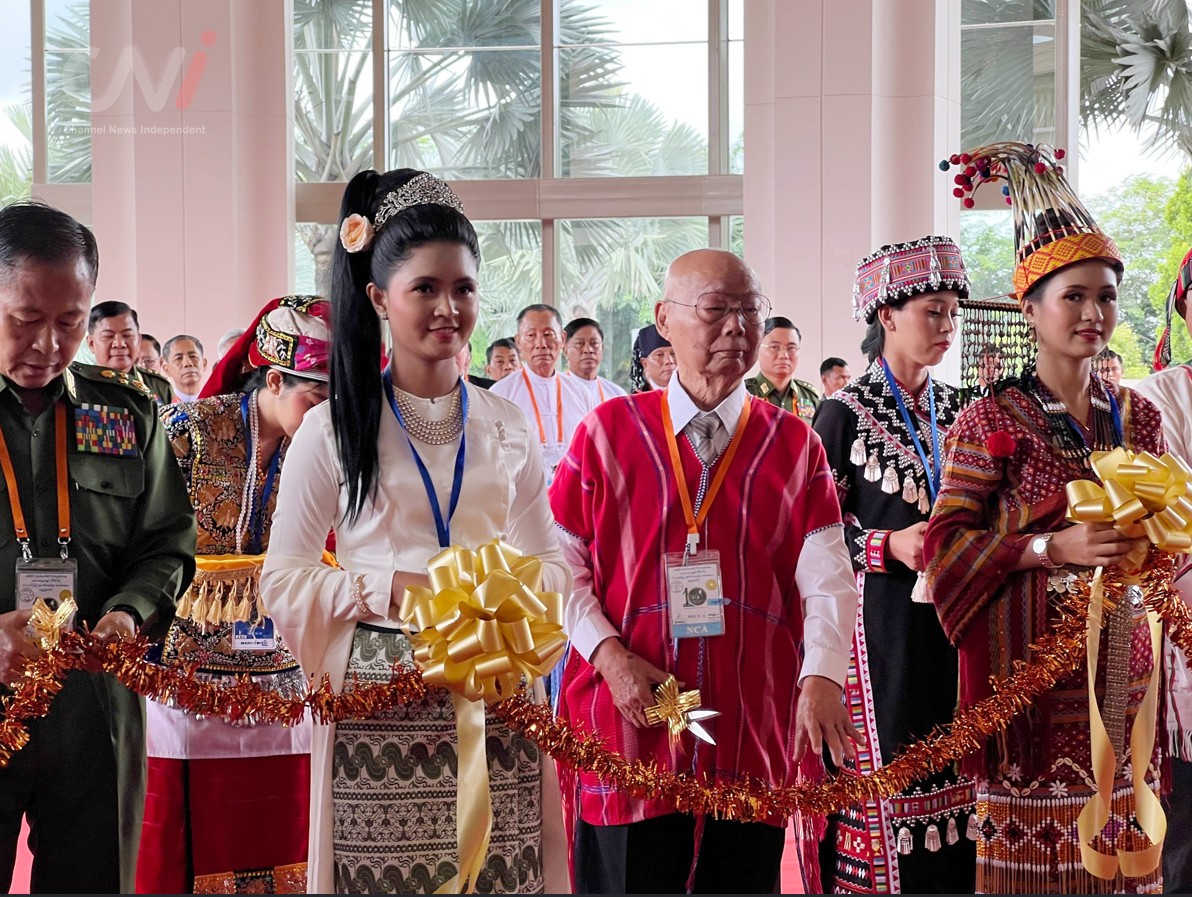CNI News
1 November 2025
The hopes of ethnic minorities in Myanmar have yet to be realized, along with the armed conflicts that have persisted since the country gained independence, said U Ko Ko Gyi, Chairman of the People's Party (PP), to CNI News Agency.
Non-Bamar ethnic groups have been waging armed resistance, demanding self-determination and self-administration, equal rights for ethnic minorities, the right to determine their own destiny, the establishment of a federal union, and the flourishing of a democratic system.
U Ko Ko Gyi, Chairman of the People's Party (PP), told CNI News Agency that continuing with the armed approach only leads to the suffering of unarmed civilians and the casualties and destruction of armed groups, with no political outcome.
He said, "The armed conflict has emerged alongside independence, and until now, the hopes that ethnic minorities hold have not been realized. In reality, the people have suffered death, displacement, flight, and hiding due to the conflict for nearly 80 years. Therefore, continuing with the armed approach only causes suffering to the unarmed civilians. Other than the armed groups being destroyed and suffering casualties, I see no political outcome."

While seeing a leader of the Tatmadaw and ethnic minorities
Military and political analysts point out that ethnic groups are federalists and that federalism does not mean secession from the Union. They stress that self-determination and self-administration are essential, and therefore, Section 261, concerning the appointment of the Chief Minister, is a provision that must be amended.
The peace of Myanmar is not solely the concern of the armed groups' role, but also involves the roles of neighboring countries, stated U Ko Ko Gyi, Chairman of the People's Party (PP).

Ethnic armed groups and political parties
He explained, "We must strive for all domestic forces to achieve understanding and agreement regarding our armed conflict. However, at the same time, economic issues and interests related to the armed conflict have also become involved. With their involvement, the role of our neighboring countries also comes into play. Therefore, the peace of our country is not just the responsibility of the armed forces; we must work to ensure that the role of neighboring countries involved, including ASEAN, for example, and the role of regional countries are also integrated, leading to broad-based negotiations."
Despite the presence of many armed organizations in Myanmar, hundreds more armed groups emerged after the political landscape changed on February 1, 2021.
These armed organizations have differing demands and stances from one another.




